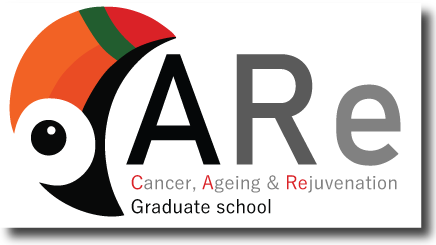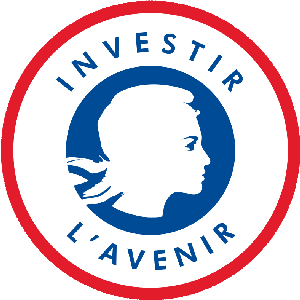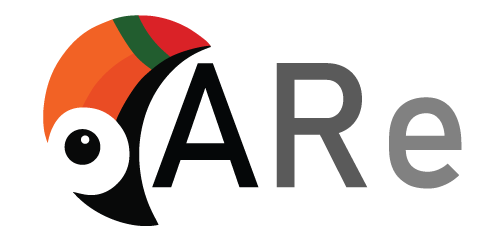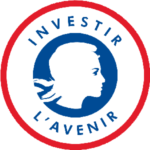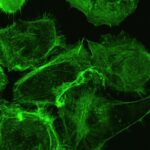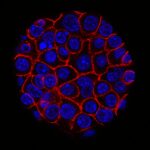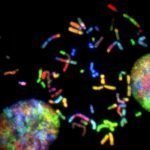PhD proposal
Supervisor: Jean-Noel Vergnes
Team S. andrieu (U1027)
Biological ageing is a complex process, influenced by genetic and environmental
factors. Factors influencing the ageing of the mouth are in part genetic, but are mainly related to lifestyles habits, and hence often depend on socio-economic status. Numerous diseases of the oral cavity share common risk factors with other non-communicable diseases like diabetes or cancer. There is a bidirectional relationship between oral health and biological ageing. On one hand, age-related diseases, like dementia, cancer or geriatric depression, are frequent in elderly persons, and might have a direct impact on oral health. For example, oral health status may be jeopardised by frailty, disability, care dependency or limited access to professional oral health care. Another example is the side effect of several medications in causing xerostomia and hyposalivation. On the other hand, oral health problems such as periodontitis, unstable removable dentures, insufficient chewing or dysphagia are related to low Oral Health Reported Quality of Life scores, and nutritional state in geriatric individuals.
Besides this bidirectional relationship, the mouth also represents a potential source of biomarkers that can be collected in a non-invasively and cost-effectively way. We hypothesize that oral biomarkers (particularly salivary markers) can be integrated into predictive models for estimating biological age and/or detecting age-related diseases. Biomarkers represent an attractive measure of biological ageing and may potentially improve our understanding of underlying ageing processes and age-related disease.
The aims of this thesis will be 1) to better understand the bidirectional influences between oral health and biological ageing and 2) to explore how biomarkers from the mouth could be used as diagnostic tools to identify altered aging profiles.
In order to achieve these objectives, we plan to undertake two research phases.
- During the first phase, we will explore and synthesize the current literature in order to generate new knowledge (meta-synthesis of the literature).
- During the second phase, we will analyse data from on-going cohorts, basing the choice of research criteria on the knowledge acquired from the first phase, in order to produce new primary knowledge.
Key words: biological aging, biomarkers, oral health, meta-research, clinical epidemiology, predictive model
